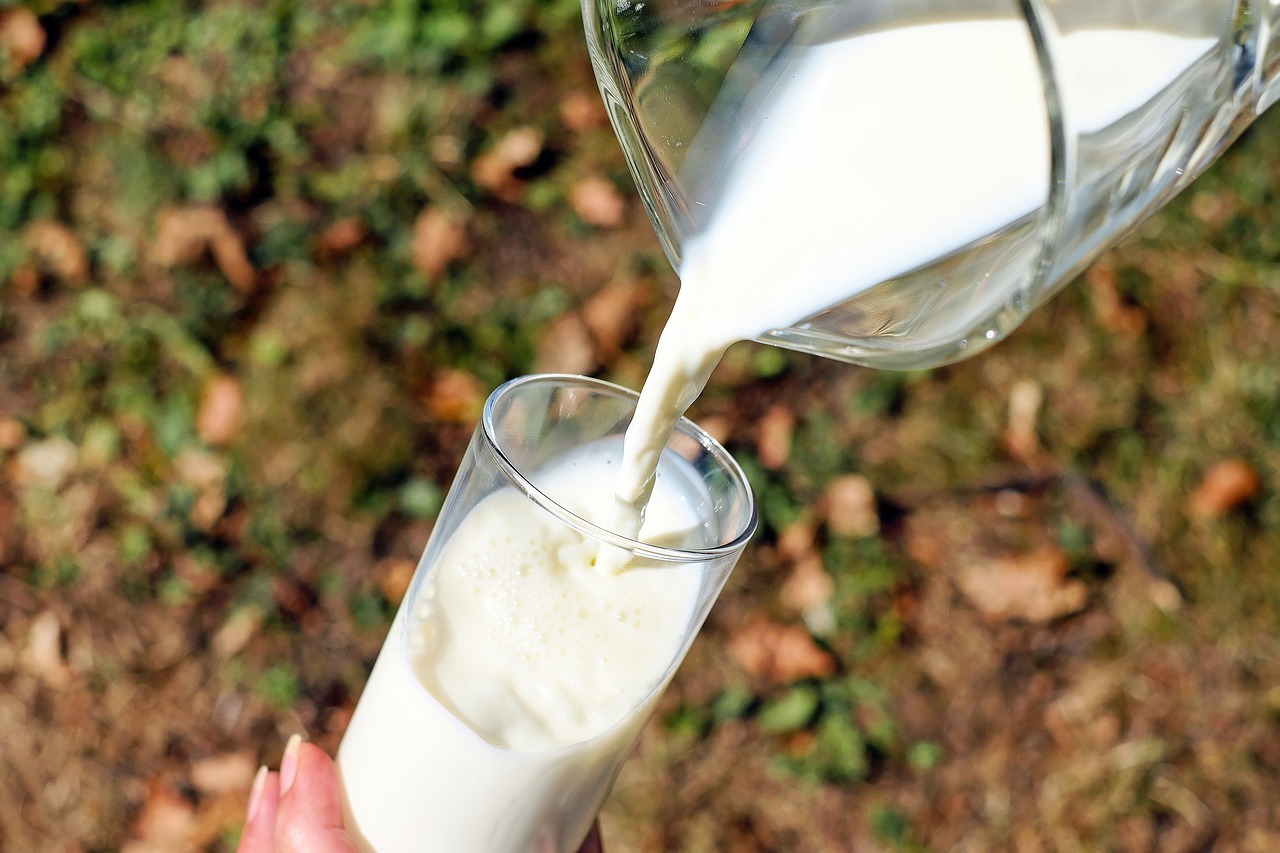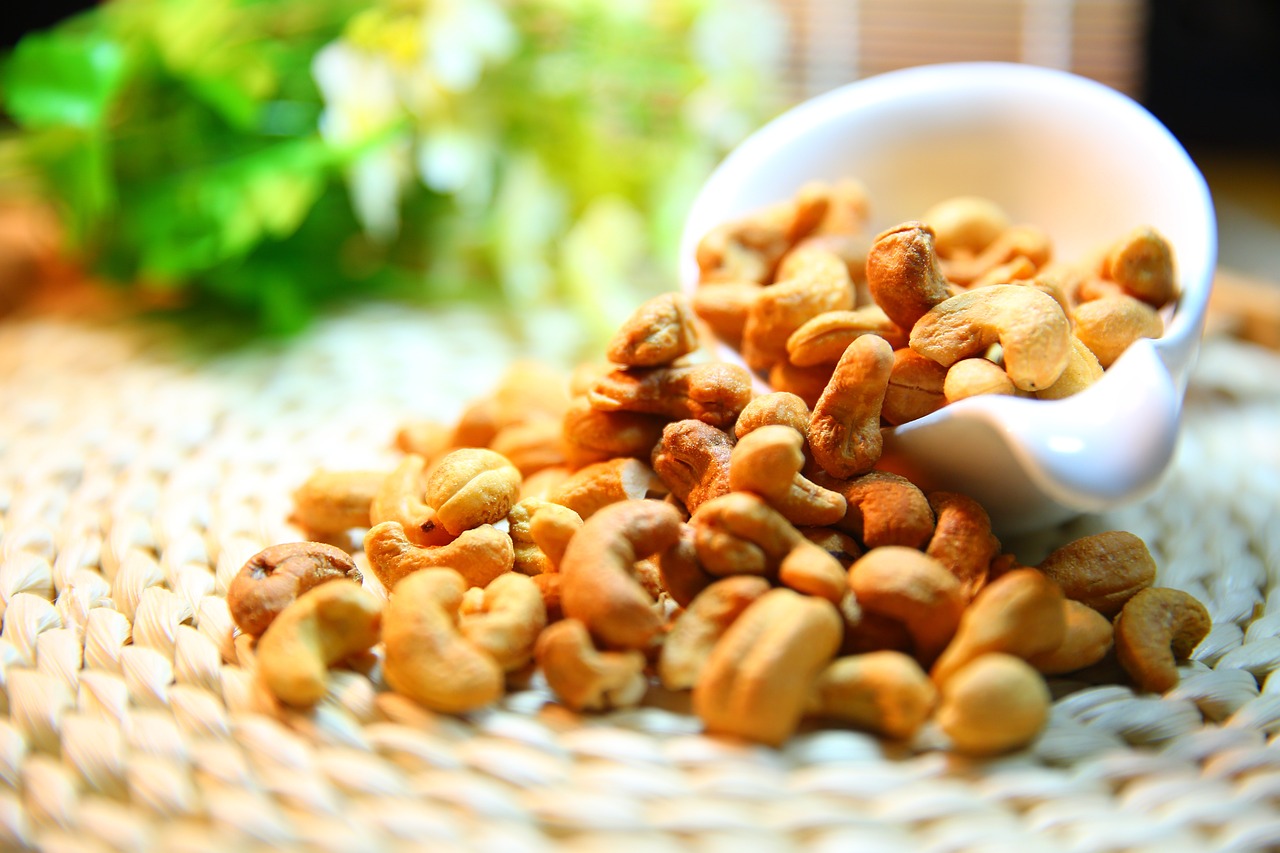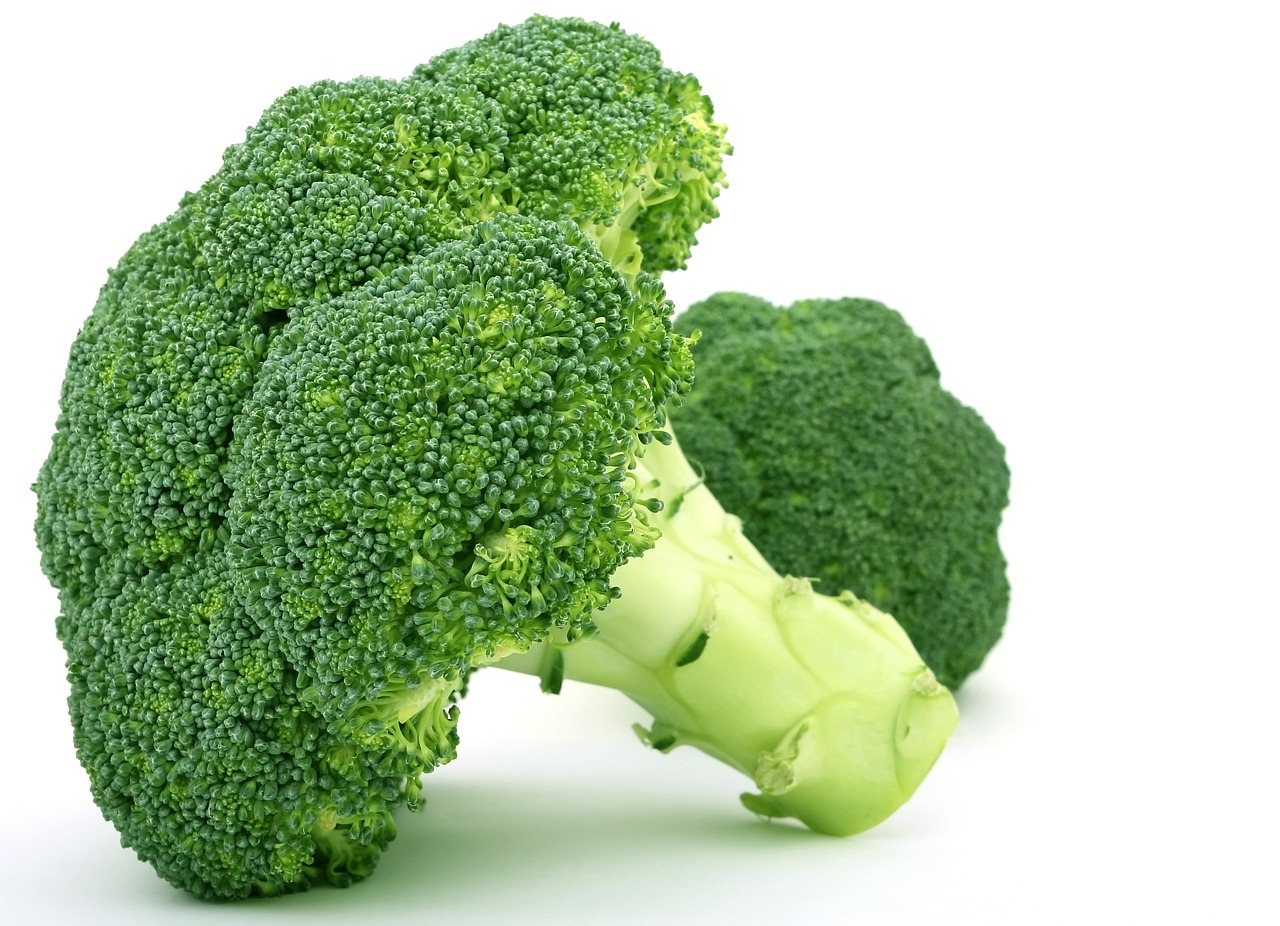
The influenza virus, commonly known as the flu, can strike anyone, leaving its victims feeling drained and unwell. Recovering from the flu requires patience, self-care, and a strategic approach to managing symptoms. In this article, we'll explore effective strategies for overcoming the flu and regaining your health.
Rest and Recovery:
Rest is paramount when battling the flu. Adequate rest allows the body to direct its energy towards fighting off the virus. It's essential to prioritize sleep and avoid exertion during the recovery period. Consider taking time off work or school to facilitate a speedy recovery.
Hydration:
Proper hydration is crucial for flu recovery. The fever and respiratory symptoms associated with the flu can lead to dehydration. Drinking plenty of fluids, such as water, herbal teas, broth, and electrolyte drinks, helps replenish lost fluids and soothes a sore throat.
Symptom Management:
Managing flu symptoms is key to alleviating discomfort and promoting recovery. Over-the-counter medications can provide relief from fever, body aches, and congestion. Pain relievers like acetaminophen or ibuprofen can reduce fever and discomfort, while antihistamines and decongestants help alleviate nasal congestion and sneezing.
Humidification:
Using a humidifier in your room can ease respiratory symptoms by keeping the air moist. Moist air helps soothe a sore throat, reduce nasal congestion, and alleviate coughing.
Saltwater Gargle:
Gargling with warm salt water is a time-tested remedy for soothing a sore throat and reducing inflammation. This simple practice can provide temporary relief from discomfort and promote healing.
Nutrition:
Maintaining proper nutrition is essential for supporting the immune system during flu recovery. While appetite may be diminished, aim to consume small, nutritious meals rich in vitamins and minerals. Foods like fruits, vegetables, lean proteins, and whole grains provide essential nutrients to aid in the healing process.
Hygiene Practices:
Practicing good hygiene is crucial to prevent the spread of the flu to others. Wash your hands frequently with soap and water, especially after coughing or sneezing. Cover your mouth and nose with a tissue or your elbow when coughing or sneezing to prevent spreading the virus.
Social Responsibility:
If you have the flu, it's important to stay home to prevent infecting others. Remain home until you've been fever-free for at least 24 hours without the use of fever-reducing medications. By taking these precautions, you can help protect vulnerable individuals in your community.
Seeking Medical Advice:
While most cases of the flu resolve on their own with self-care measures, it's essential to seek medical advice if symptoms are severe, persistent, or if you have underlying health conditions. A healthcare professional can provide guidance and recommend appropriate treatment options.
Conclusion:
Recovering from the flu requires a multi-faceted approach involving rest, hydration, symptom management, and good hygiene practices. By following these guidelines and prioritizing self-care, you can navigate flu recovery more effectively and return to optimal health. Remember to be patient with yourself and allow your body the time it needs to heal.
Your email address will not be published. Required fields are marked *














